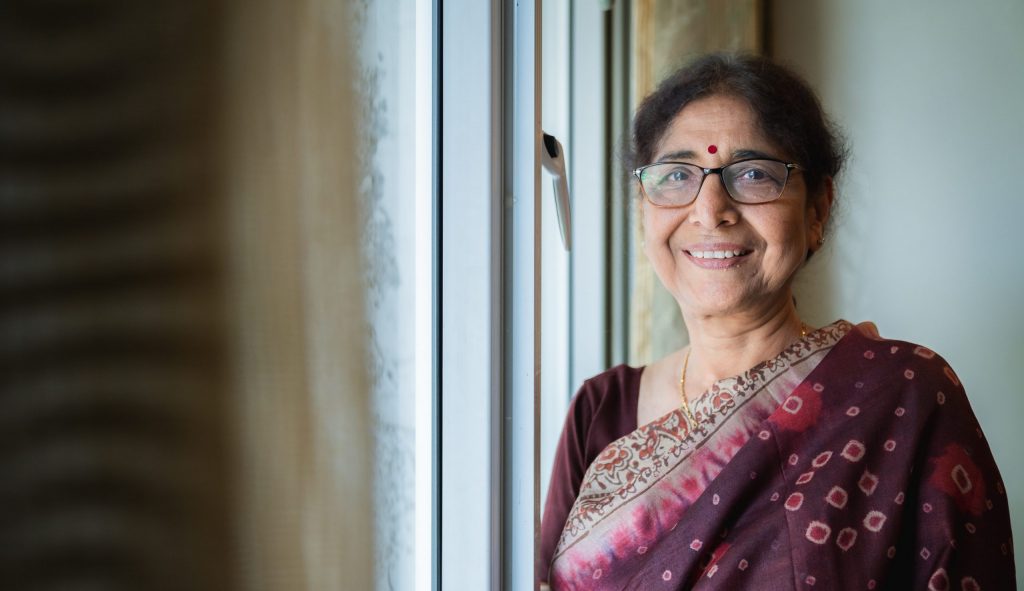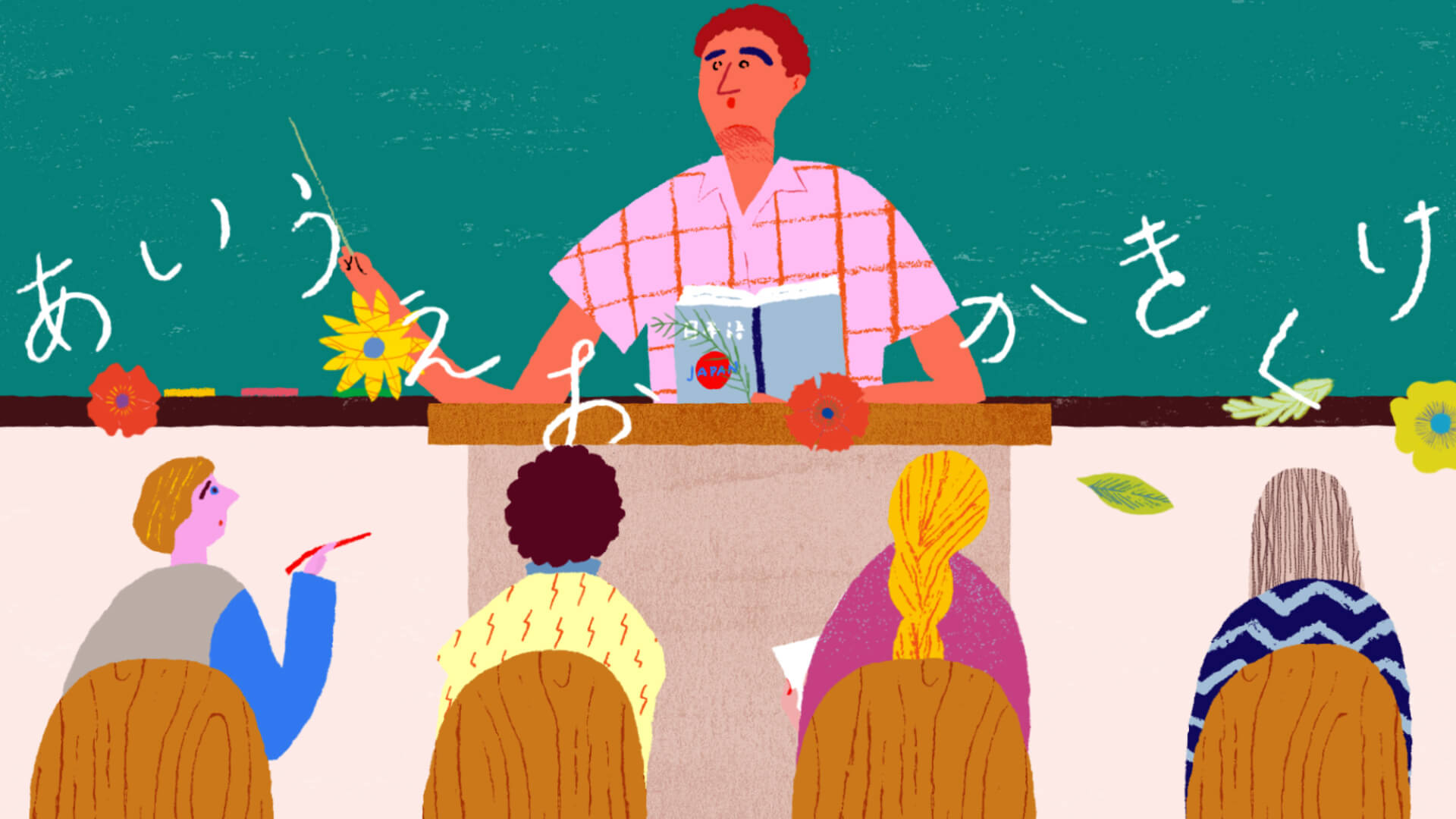 Dr. Sushama Jain
Dr. Sushama JainThe JF fellowship provides an opportunity to learn from discussions with Japanese experts; consult literature and improve one’s communication skills. The visit also enables one to make Japanese friends who are the best guides to all aspects of Japan’s living culture, aesthetic and traditions.
Former Professor of Japanese, Jawaharlal Nehru University (JNU), Sushama Jain has studied Japanese language at Delhi University, Tokyo University of Foreign Languages and Jawaharlal Nehru University.
Dr. Sushama Jain, former Professor of Japanese, Jawaharlal Nehru University (JNU) obtained a Master’s degree in Japanese Studies, and her PhD degree for her thesis “Structures of Japanese and Hindi – A Contrastive Study” from JNU.
She has been associated with several other universities in Japan and in India as visiting Professor, member of Board of Studies, member of syllabus-formulating committees among others. She has also been the Chairperson of the Centre for Japanese Studies, JNU; President of Japanese Language Teachers’ Association of India, and member of some other Japan-related academic societies/organizations.
Prof. Jain has contributed several research papers and articles in various journals and books on Japanese and Hindi linguistics in addition to Japanese to Hindi translations of literary texts. She has published two books – “Structures of Japanese and Hindi” and “Japan, the living culture”. She has also Co-authored Japanese Language textbooks UME, MOMO and SAKURA for the students of Central Board of Secondary Education of India. In addition, Prof. Jain has undertaken two commissioned reports: “India and Asia in 2010s: Perspective from India” for Nomura Research Institute Ltd., and Hindi section of “International Dictionary of Long-Term Care Insurance Terms”, (Ed. Sumii, H. and Sawada, Y, funded by Japan Society for the Promotion of Science).
Prof. Jain has been three times recipient of Japan Foundation fellowships – in 1992, she received Professional Fellowship; followed by in 1996, Educational Fellowship, and lastly in 2005, Invitational Fellowship.
During the three JF Fellowships, her topics of research were Developing methods of teaching Japanese to Hindi-speaking learners (1992), Publication of her Ph.D. thesis (1996), Comparison of the concept of rebirth in Mishima’s “Sea of Fertility” (Hojo no Umi) and Indian beliefs (2005).
When asked what she thinks is the importance of JF Fellowship, she said that as a fellow, the scholarship enabled her to access data related to her research and, more importantly, by directly interacting with Japanese language experts and Japanese teachers of Hindi to gain insights into the topic of her research that otherwise were not available.
Talking about the impact of the scholarship on her research and teaching career, she said that it improved her understanding of structures of the two languages and assisted in identifying problems of teaching Japanese to Hindi-speaking learners. She incorporated her research findings in publishing books and other publications; and in her teaching, especially in teaching Japanese grammar. Research in Japan has also helped her in her career advancement.
Sharing some memories from her scholarship days, Prof. Jain said that living in a clean and safe country amidst polite, friendly and aesthetically refined people, and travelling through enchanting landscapes of Japan has, in itself, been an extremely rewarding, enjoyable and memorable experience for her.
Giving some insightful tips to future fellows, Dr. Jain said that besides focusing on their research, it is important for fellows to observe and try to emulate the behaviour, manners and etiquette of Japanese people which values and focuses on social harmony. This behaviour can be seen in their social conduct such as consideration for others, minimalization of self, their politeness, expressing gratitude even for small favours, their stoicism.
The Japan Foundation fellowship provides an opportunity to learn from discussions with Japanese experts; consult literature and improve one’s communication skills. The visit also enables one to make Japanese friends who are the best guides to all aspects of Japan’s living culture, aesthetics and traditions.
 Twitter
Twitter

 '
'